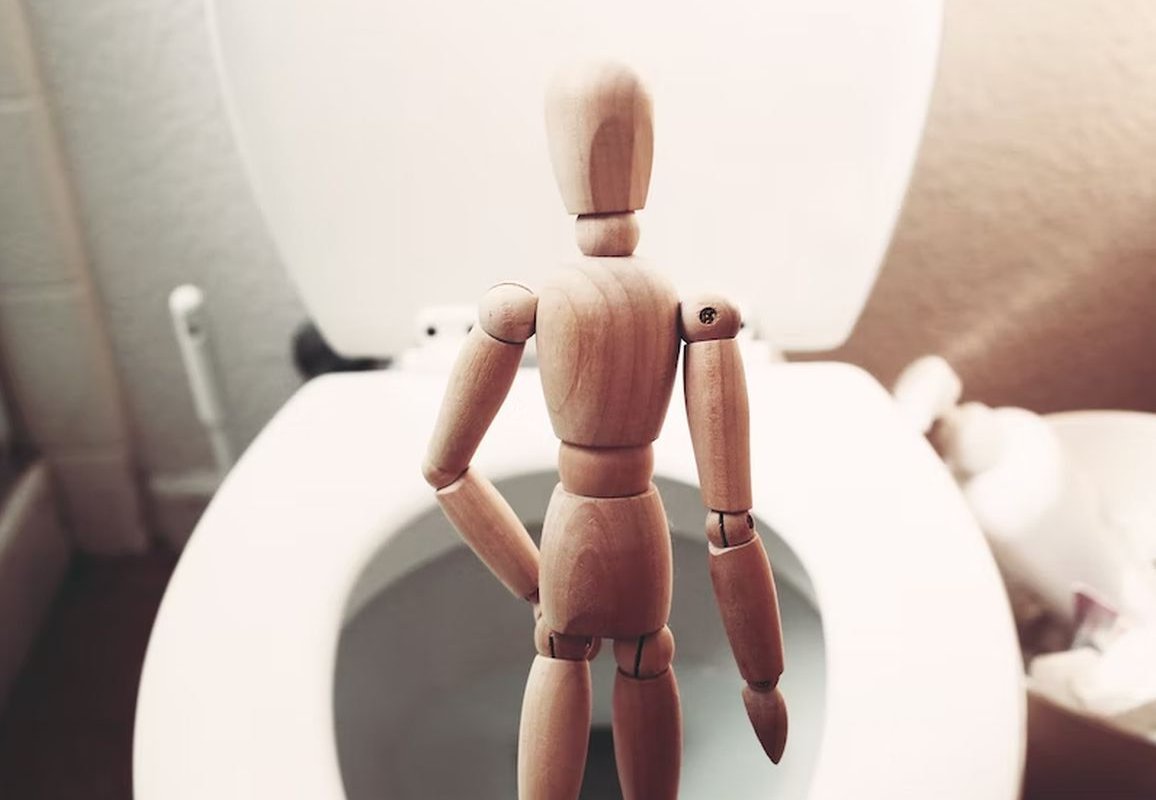
Urologist Ranj Singh shares early symptoms of prostate cancer you need to be aware of. Among them is that awkward situation with suddenly leaking, dripping urine.
The prostate gland is responsible for the production of seminal fluid, but if it increases due to cancer, this can lead to blockage of the urethra.< br>
Early symptoms of prostate cancer:
- Weak or intermittent urine stream;
- Feeling that the bladder is not emptying completely;
- Frequent urination;
- Frequent urge to urinate without emptying your bladder.
— As your prostate cancer progresses, you may experience back pain. This will be followed by weight loss, weakness and lethargy, — said the physician in an interview with Express.
He said that a new test for prostate cancer was developed by British and Indian researchers. Taking a sample from 210 men with symptoms suggestive of prostate cancer, the scientists did a blood test that found cancer cells, not PSA (prostate-specific antigen).
A third of the men developed prostate cancer, and the blood test on cancer cells correctly identified more than 90 percent of cases.
Prostate cancer is a malignant neoplasm that occurs due to the transformation of cells of the glandular epithelium of the prostate.
The main signs of prostate cancer:
- difficulty or frequent urination;
- nighttime urination;
- the appearance of blood in the urine and semen;
- pain in the lower abdomen;
- pain when urinating;
- erection disorders.
General analysis of PSA:
up to 10 ng/ml – suspected prostate cancer;
10-20 ng/ml – high risk;
20-50 ng/ml ml – risk of disseminated cancer;
50-100 ng/ml – high risk of metastases;
More on the topic: Oncourologist Gadziyan warned that soda is dangerous for the brain due to a popular dietary supplement. p class=”warning_txt”>Important! Information provided for reference purposes. Ask a specialist about contraindications and side effects and under no circumstances self-medicate. At the first sign of illness, consult a doctor.
